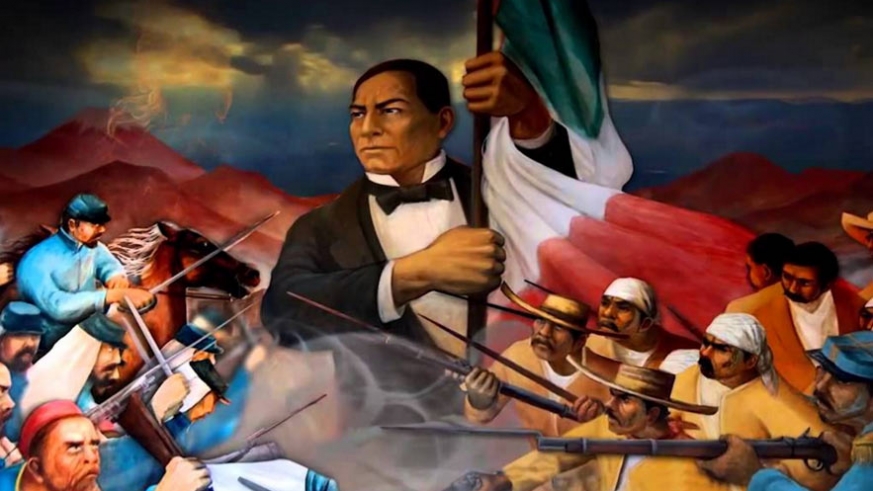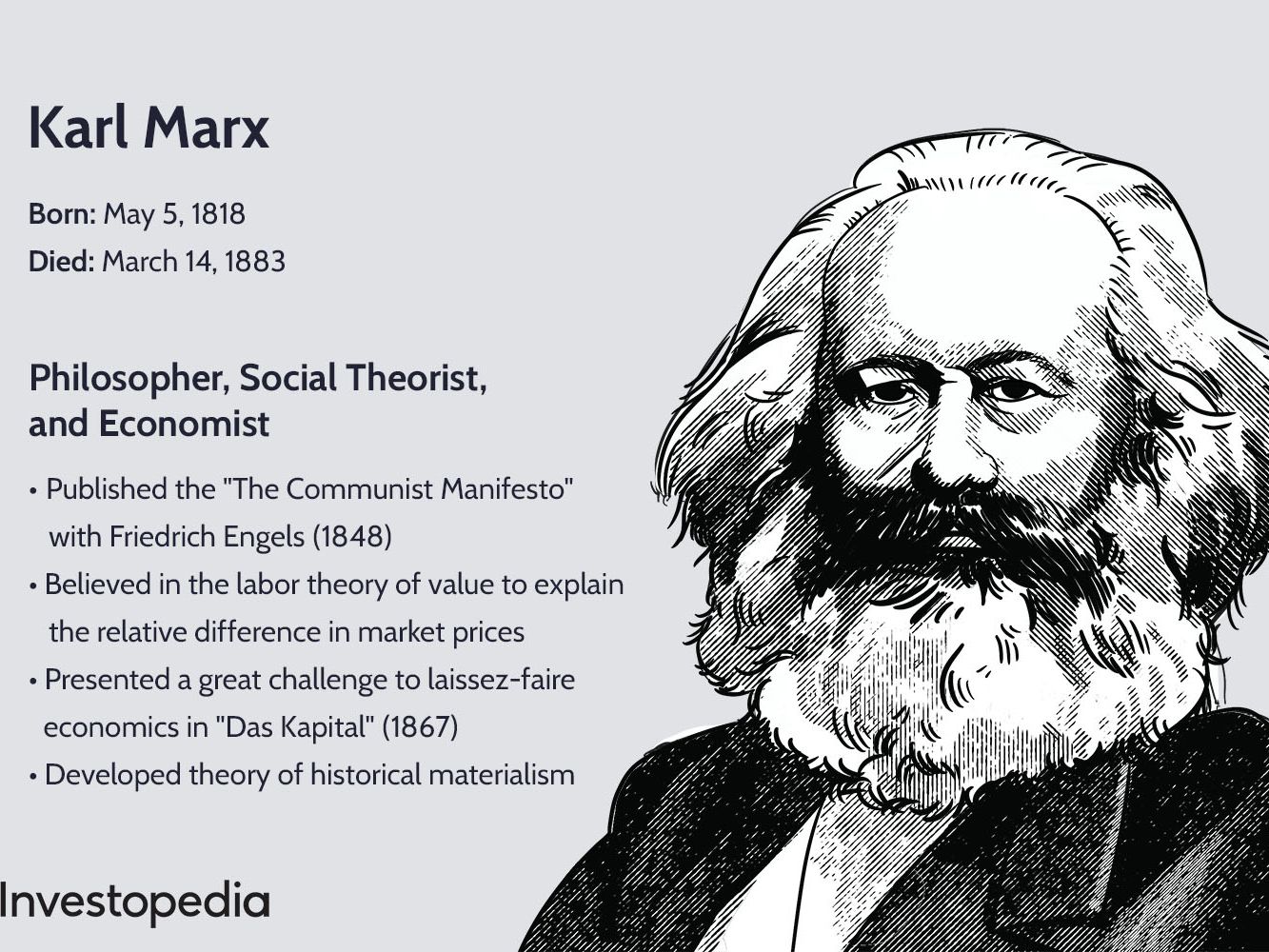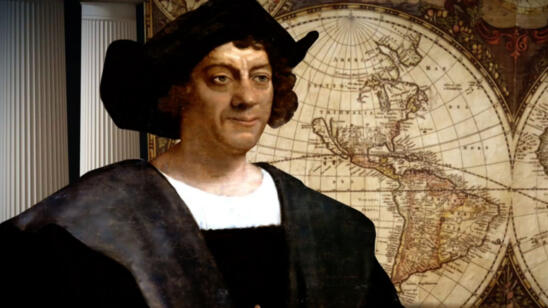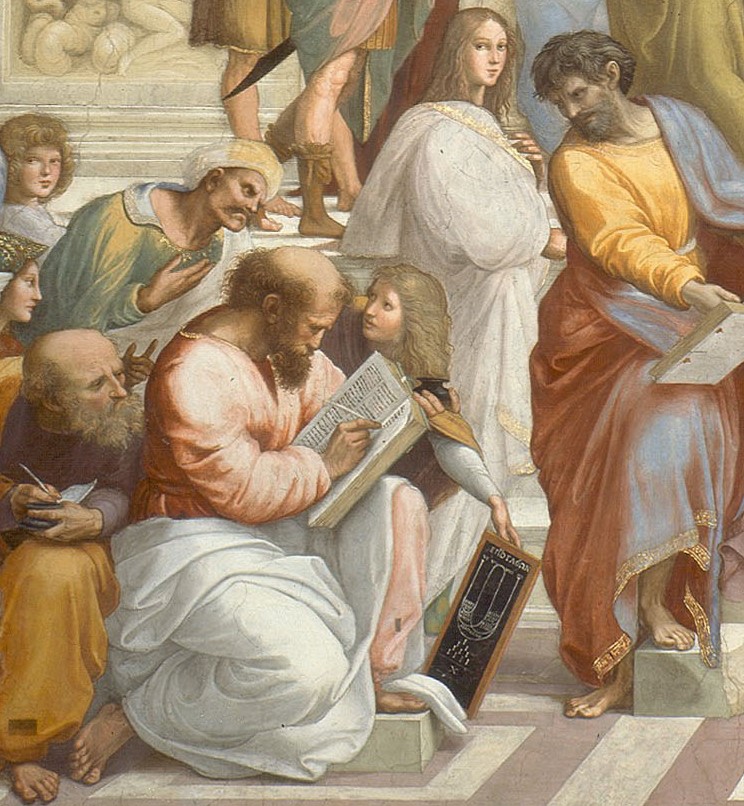Benito Juarez
(1806/03/21 – 1872/07/18)
Mexican politician
– He who does not expect to win, is already defeated –
- First and only president of indigenous origin in Mexico.
- President of Mexico : January 15, 1858 – July 18, 1872
- Political party : Liberal
- Parents : Marcelino Juárez López and Brigida García García
- Spouses : Margarita Maza
- Children : Benito, Soledad, Francisca Jerónima, Antonio, Felicitas, Amada, María Guadalupe, Manuela, José María, María de Jesús, Margarita, Josefa, Susana
- Name : Benito Pablo Juarez Garcia
Summary
Lawyer and politician who served as the president of Mexico for five terms. Known as the “Meritorious of the Americas”, he is one of the fundamental figures in the history of Mexico. He played a pivotal role in transforming the country from a colony of Spain to an independent republic. He reformed state finances, improved education, infrastructure, and fought corruption.
Questions and answers
- Who was Benito Juarez?
-Known as Meritorious of the Americas for his fight against the French invasion, Benito Juárez established the foundations on which the secular state and the federal Republic in Mexico were founded. His mandate lasted five terms between 1857 and 1872. - In what year was Benito Juárez exiled in the United States?
-In 1853 because of his differences with Antonio López de Santa Anna. The following year he joined the Plan de Ayutla and after his victory he was appointed Secretary of Justice. - What was your most famous phrase? 000
-It was: «Among individuals, as among nations, respect for the rights of others is peace», and it was manifested in 1867 in a manifesto issued shortly after the defeat of the French and the execution of Maximilian. - What were the Reform Laws?
-They were: The Juárez Law (November 23, 1855), Lerdo Law (June 25, 1856), Law of Nationalization of Ecclesiastical Assets (June 12, 1859), Civil Marriage Law (July 23, 1859) , Law for the Creation of the Civil Registry (August 28) and the Law on Freedom of Worship (December 4, 1860).
“Among individuals, as among nations, respect for the rights of others is peace”
Benito Juarez
Benito Juárez was born on March 21, 1806 in San Pablo Guelatao , in the Sierra de Ixtlán, Oaxaca.
Family
Of indigenous extraction, he spoke only Zapotec for much of his childhood, his uncle spoke Spanish and taught him the language.
The son of very modest peasants, Marcelino Juárez and Brígida García , he was orphaned at the age of three. He left his town due to the poverty in which he lived, running away from his uncle’s house on December 17, 1818 to go to Oaxaca.
In this city he lived with his sister Josefa , who served in the home of Don Antonio Maza . He was a shepherd and servant in the house of those who would later be his in-laws, Mr. and Mrs. Maza, a residence where on one occasion the then president , Antonio López de Santa Anna, ate . Years later, Juárez assured that Santa Anna hated him because he could not bear that the Indian who served him at the time later became his president.
Studies
His first job in the city was on a farm, later he was apprenticed to the Franciscan bookbinder Antonio Salanueva, a Spanish priest who protected him and for whom he managed to study law in a seminary that he continued at the Institute of Sciences and Arts. He came to speak perfect Latin.
Professor
Before being a politician, Juárez dedicated himself to teaching. At the age of 24 he became in charge of the Physics Classroom at the Institute of Sciences and Arts of Oaxaca and a year later the institute’s rector, being one of the youngest to occupy such an occupation.
Political
On February 11, 1833, he was appointed deputy-elect of the Honorable Legislature of the state of Oaxaca . A year later he was appointed interim minister of the State Court of Justice and member of the Merits Qualifying and Rewarding Board . In 1838, Juárez was appointed interim secretary of the First Chamber of the Superior Court of Justice of the department of Oaxaca. During 1839 he was appointed Deputy Minister of the same High Court of Justice. In 1844 he was appointed prosecutor of the Oaxacan Supreme Court of Justice.
Governor of Oaxaca and exile
In the year 1847 he was appointed governor of the state of Oaxaca , a position in which he was elected again a year later for a period of four years. As governor, Juárez doubled the number of schools, from 50 to 100. In 1854 he promulgated the Plan de Ayutla , which called for the creation of a constituent assembly within the framework of a federal Constitution . When General Antonio López de Santa Anna
seized power in 1853, he was imprisoned and exiled to Havana . He was deported to New Orleans (Louisiana, United States) where he wrapped tobacco to survive. He returned in 1855 to his country and participated in the liberal revolution
Who Beat Santa Anna.
Secretary of Justice of the new government, he initiated the Leyes de Reforma (liberal reforms), which were included in the Constitution of 1857 . He issued a law named after him that ended the jurisdiction of the Church and separated its relationship with the state.
President
During 1858 he began to serve as provisional president after a rebellion led by conservative elements broke out.
Juárez established the foundations on which the secular state and the federal Republic in Mexico are founded. Little by little, he found himself in a situation in which he had to flee the capital, so he moved the new seat of his government to Veracruz , where he began a series of radical reforms, such as reducing the power of the Catholic Church through the embargo of ecclesiastical properties.
In 1860 he defeated the conservative forces and established his government again in Mexico City .
In 1861, and in accordance with the Constitution, he was appointed president; With this position he created the Civil Registry, abolished the privileges of the clergy, confiscated all their property and recognized all religions. Due to poor financial situation, caused by five years of civil war, he was forced to suspend payments to foreign creditors. France , Spain and Great Britain , as a measure of protest, landed troops in Veracruz . He negotiated with Great Britain and Spain getting his troops to leave Mexico, although the French continued in the country and took over Mexico City.
Maximilian , Archduke of Austria, imposed by Emperor Napoleon III of France was crowned Emperor of Mexico in 1864. Juárez, known as Meritorious of the Americas for his fight against the French invasion, moved his capital to the north of the country and continued with the military resistance.
Re-election
In 1867 he defeated the government of Maximilian and was re-elected President of the Republic.
He dedicated himself to organizing the economic situation of the country, executed public works, reduced the army, organized an educational reform, ordered the suppression of military uprisings and confronted the division of the liberals. He was respectful to the organization of workers and artisans. Despite everything, there were several sectors against his government, including Porfirio Díaz , a political candidate who led a rebellion in 1871.
Margaret Mace
His wife, Margarita Maza Parada, was his second spouse since he was previously married and it seems that he had a son, although the name of his first partner is unknown. When he married, he was 17 years old with Margarita, while he was 37. The Juárez-Maza marriage faced the separation and premature death of five of his twelve children.
Death
Juárez spent his last months trying to put down the various rebellions. He died suddenly of an acute myocardial infarction on the night of July 18, 1872, at the National Palace, Mexico City .
Recapitulation
- One of the most important leaders of Mexico during the 19th century.
- He became involved in politics after being elected deputy to the Congress of Oaxaca in 1831.
- He was Minister of Finance, Justice and Interior and President of the Supreme Court of Justice.
- He served as President of Mexico on several occasions.
- He led the resistance against the French Empire.
- Known as the “Meritorious of the Americas” for his fight against the French invasion.
Did you know…
Benito Juarez Freemason
Aged 42 and adopting the name William Tell , he was initiated into Freemasonry under the Mexican National Rite .











